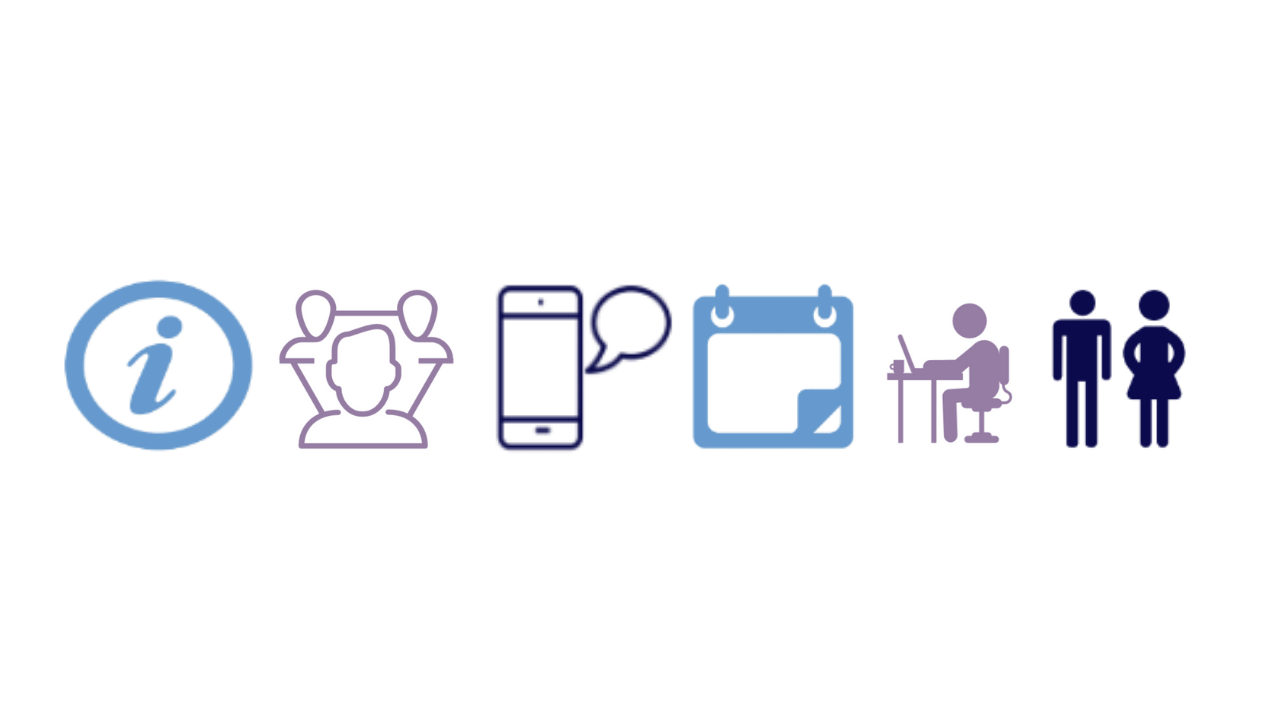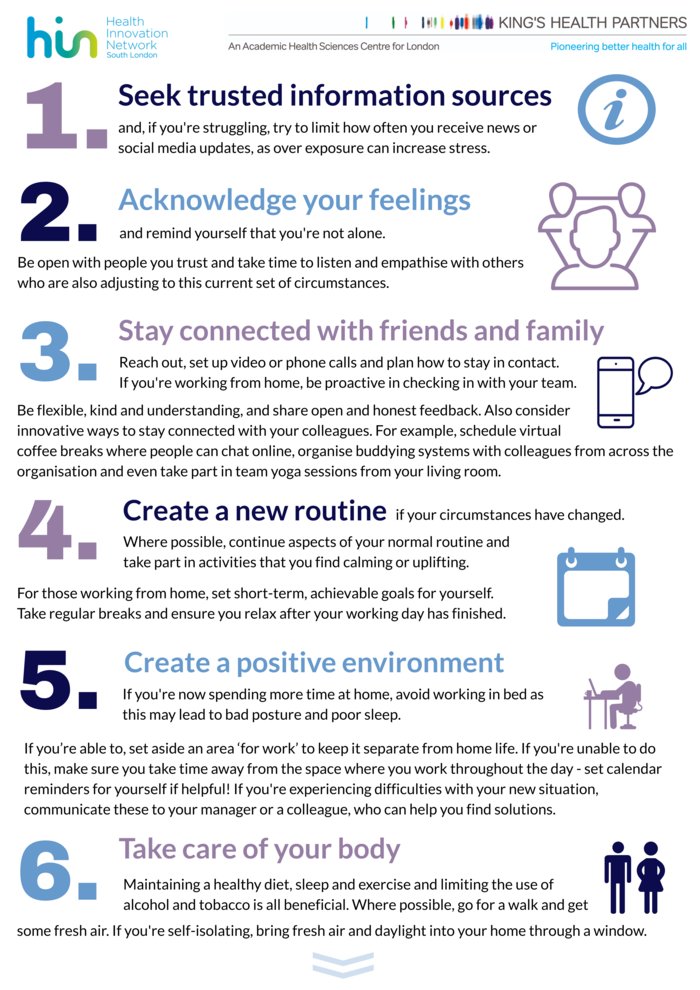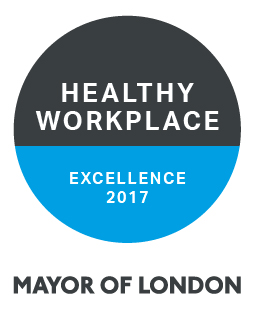A new report out today from the International Longevity Centre – UK, “Cutting through the App: How can mobile health apps meet their true potential?” brings together a whole range of statistics and analysis on the current state of play with health apps. It’s a good read and identifies several health apps that have been proven to reduce unhealthy behaviours. It’s the latest report to emphasise the potential of digital health. From apps that help tackle the devastating impact of insomnia, to those that make it easier for anxious teenagers to discuss mental health as well as apps to tackle diabetes, the reality is that healthcare can be in your pocket.
The report identifies several population groups in the UK that could benefit the most from effective health behavioural change apps. These include:
- Nearly 1 million ‘baby boomer boozers’ who are over 60, drink frequently and use a smartphone;
- 760,000 ‘living fast, dying young’ who are under 40 and smoke, drink frequently, have a smartphone and regularly use the internet;
- 5.7 million people who ‘just need a push’ and who eat healthy and don’t smoke, but drink moderately and rarely exercise;
- 2 million ‘connected, healthy and young’ who eat well, exercise frequently and regularly use the internet.
While these groups are found to have a huge opportunity to benefit from health apps, the biggest barrier is the sheer volume of apps out there and the difficulty this adds when it comes to sorting the best from the rest. The NHS apps library is applauded for its approach but complexity for consumers remains.
At AHSNs, we see the way that this complexity can be a barrier for busy clinicians too. With so many digital health innovations to choose from, finding the time to assess and assure them can be incredibly tough. That’s why a key part of the role of AHSNs is to work with the NHS up and down the country to cut through this noise, and find and spread the kind of proven digital innovation that makes a difference.
If you’re a clinician and need help “cutting through the app” you can browse examples of the innovations we support, including apps, here:
https://www.england.nhs.uk/ourwork/innovation/nia/
https://digitalhealth.london/accelerator/companies/
If you need advice about an innovation, contact us at hin.southlondon@nhs.net


